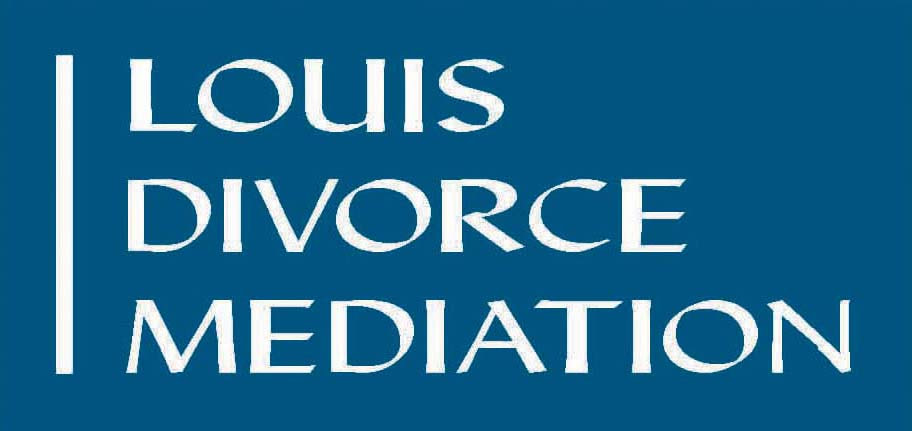Louis Divorce Mediation ~ Online and In-Person Mediation in Chicago
|
Potential divorce mediation clients are sometimes concerned that they will not be able to come to agreement on decisions that need to be made to end their marriage.
A mediator cannot guarantee a successful outcome, measured by both spouses being satisfied with the final agreement. Yet most mediations succeed, even many that seem doomed to failure because of impasse. Why is that? When mediation is in jeopardy with my clients, I take every opportunity to point out the risks of leaving mediation and going to court—an indefinite delay in the outcome, polarization of children, emotional impacts, disintegration of trust and loss of control over the result. Sometimes, simply pointing out how ugly the alternative is helps you try harder to find a solution that will work for both of you. However, this may not be enough to motivate a shift for an entrenched spouse. So then what? In handling a potential impasse in divorce mediation, ask yourself if a huge difference between the two of you may actually be smaller than you think. A mediator has an opportunity to pour a drop of optimism into a pool of negativity. I outline all of the current areas of agreement—and usually there are many things you already have agreed upon. Noticing what has gone well can refocus everyone, so that bridging a gap may no longer seem insurmountable. In an effort to rescue a mediation that is facing impasse, here are some suggestions I share with my clients:
I will use whatever tools I have to produce a successful outcome, As long as you don’t give up, I won’t either.
0 Comments
Every mediator can tell stories about how mediation has succeeded—when it has resulted in an agreement between the parties.
Of course, mediators are trained to accept the possibility that a case will not resolve through mediation. Sometimes, the fact that the parties in a dispute spoke at all, with the help of a mediator, may help them move closer to an agreement in the future— in a setting other than mediation or perhaps even in front of a judge. In divorce mediation, when spouses are having a hard time coming to agreements—when you are thinking of giving up—my tendency is to ignore that initial training which would suggest that I “let it go.” Why don’t I easily accept letting it go? Because if a divorcing couple cannot come to an agreement in mediation, then the next stop is likely divorce court. And I would like to help you avoid that outcome if at all possible. Over the years, I have worked with countless attorneys and have known many friends, family members and co-workers who have been in court for a divorce. Virtually none of them has a positive story to tell about their court experience. Over the years, I have worked with countless attorneys and have known many friends, family members and co-workers who have been in court for a divorce. Virtually none of them has a positive story to tell about their court experience. Transitioning from mediation to litigation poses significant risks and consequences, all of which impact human lives. Here is a short list of the pitfalls:
These life-altering risks and consequences compel me as a divorce mediator to make a concerted effort, by any means necessary, to keep you in mediation—to protect you and others from the extreme damage of litigation. In a future entry, I’ll discuss possible interventions I use in the mediation process to get a mediation that is threatened by termination back on track to a final settlement. |
Categories |
David Louis, MPA, CDFA® • Louis Mediation Services - Chicago
|
Chicago Office: 1700 W Irving Park Rd., Suite 105, Chicago, IL 60613
Northbrook Office: 555 Skokie Blvd., Suite 500, Northbrook, IL 60062 |
Copyright © 2024



 RSS Feed
RSS Feed